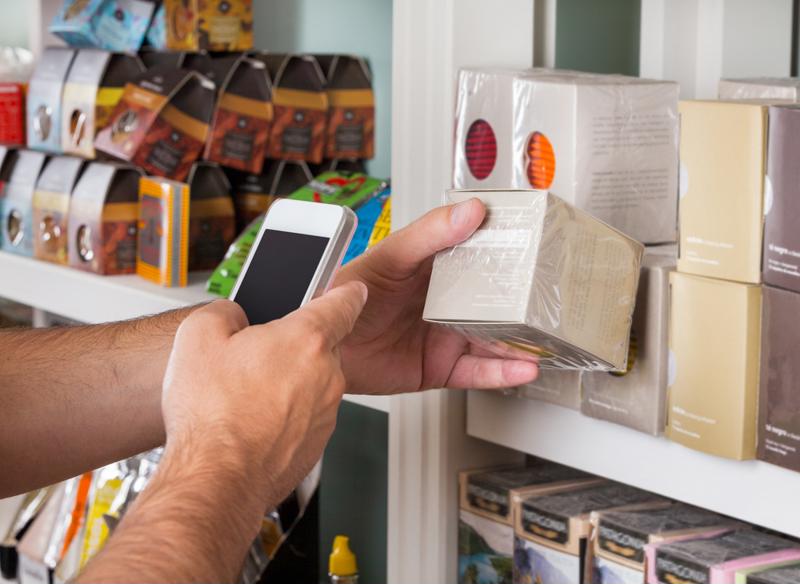Today, consumers want accuracy and immediacy, two things that have helped fuel trends like meal kit services and online ordering and delivery from grocery stores.
In fact, 36 percent of specialty food and beverage sales come from e-commerce platforms, Boston Business Journal reported. This trend of fresh produce, packaged goods and ready-to-make meals delivered to the front door is only expected to continue as the industry tries to keep up with the preferences and demands of consumers.
The adoption of e-commerce
Not only are more companies looking for ways to adopt e-commerce methods, but data shows that these innovations are also helping to fuel growth. A 2017 RSM Food and Beverage Monitor survey found that 64 percent of successful companies within the industry have developed e-commerce technologies.
“64% of successful companies have developed e-commerce strategies.”
Many consumers want streamlined means of browsing, selecting and ordering their favorite food products. This is where technology also plays a role, Boston Business Journal explained. It is predicted that shoppers will do even more online research this year before making a final purchase. As such, companies can benefit by providing easy access to all nutrition labels and sourcing information and ensuring that it is compatible with a variety of mobile platforms. Moreover, connecting to consumers through social media channels can help improve accuracy, boosting buyer satisfaction and increased sales.
Performing particularly well, the specialty foods and beverages sector saw sales climb 15 percent from 2014 to 2017, SmartBrief reported. This trend has been largely influenced by habits of those in the millennial generation, who not only often prefer specialty snacks and ingredients, but also like the convenience of online ordering and purchasing. The opportunity for this sector as it relates to e-commerce is quite large.
The impact on jobs
Many have speculated that with the move away from traditional brick-and-mortar stores to online food subscriptions and tech-savvy check-out systems, jobs will be lost. However, the adoption of technology in grocery stores will likely warrant the need for top talent jobs that come with high-paying salaries, a move that is in fact more beneficial to the future of the U.S. economy, Slate reported. Rather than low-wage jobs, these innovations can ensure better work in areas like engineering and software development, providing better career trajectories for many individuals.
And while lower-paying cashier jobs may fade, many companies have stressed that these employees will simply be reorganized to other areas of need.

One such company that has already the need for jobs with the growing role of e-commerce is Unilever. The London-based consumer goods company, known for brands like Dove and Lipton, has an e-commerce business growing at a rate of 40 percent, Chief Marketing Officer Keith Weed told The Drum. In an effort to keep up with demand, Unilever has created a team of 800 people.
Weed explained that building relationships with consumers through strong branding is not only extremely important, but also provides a lot of potential for opportunity and growth.
“This experience or interchangeability of in-store and online shopping needs to be seamless, so people can shop where and when they decide to shop on whichever platform they choose to do so,” he said.


Connect with MRINetwork